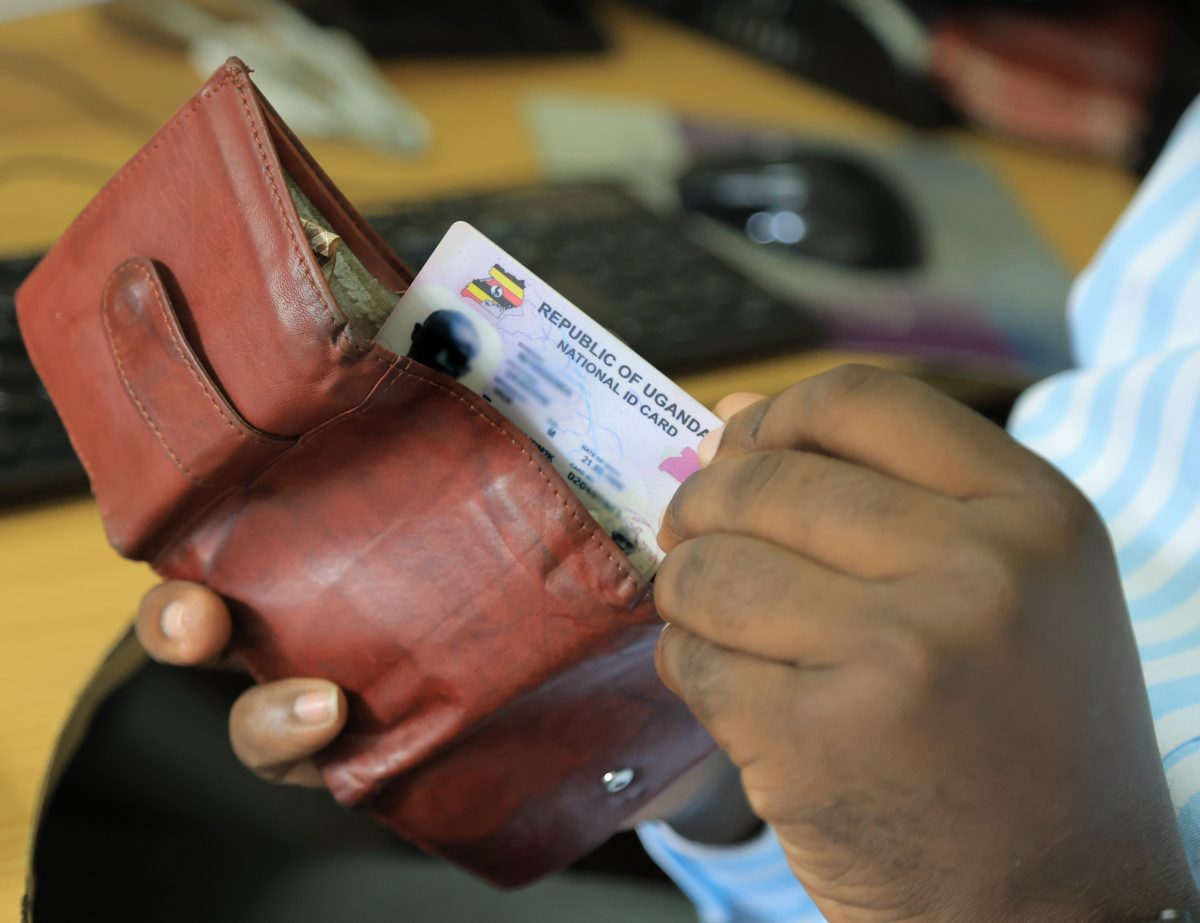KAMPALA – The National Digital ID (NID) has significantly transformed Stella Nakazibwe’s role as a SACCO Administrator. “In my day-to-day work, I use my National ID to carry out financial transactions in the bank. Without it, I can’t access funds,” she says, her voice filled with a quiet confidence. “Now, I also use it to register for my school. You can’t sit for ICPAU papers without registering, and a National ID is essential.”
Nakazibwe’s story represents the promise of Uganda’s ambitious National ID system, launched in 2014 with the aim of streamlining government services, enhancing security, and boosting financial inclusion, with 97 percent believing it is essential.
A sound national ID system should meet key principles of inclusion, design, and governance, according to the World Bank. However, a 2017 study by the US government’s Center for Digital Development, formerly USAID, found that many digital ID systems are fragmented and focused on short-term goals, lacking clear evidence of their long-term social and economic benefits.
Ugandan law requires all citizens aged 16 and above to obtain a National ID linked to their demographic and biometric data. To support this, the National Identification and Registration Authority (NIRA) launched a mass registration campaign nationwide, followed by smaller drives to capture more people. The requirement for SIM card registration further boosted this effort, making telecom companies major users of the National ID database.
But a new study, “Understanding the Benefits, Costs, and Challenges of the National Identification System in Uganda,” published in Digital Society, reveals a more nuanced picture, stressing both the successes and the persistent challenges in ensuring that the National ID truly benefits all Ugandans.
The research, led by Roy William Mayega from Makerere University School of Public Health’s Resilient Africa Network (MakSPH-RAN), surveyed nearly 3,000 Ugandans and analyzed government data to assess the system’s impact. Other researchers were Dr. Dorothy Okello, Christine Muhumuza, Nathan Tumuhamye, Julius Ssentongo, Dr. Allen Kabagenyi Mulerwa, Brandon Kwesiga, Dr. Agnes Nyabigambo, Anthony Ssebagereka, and Professor William Bazeyo.
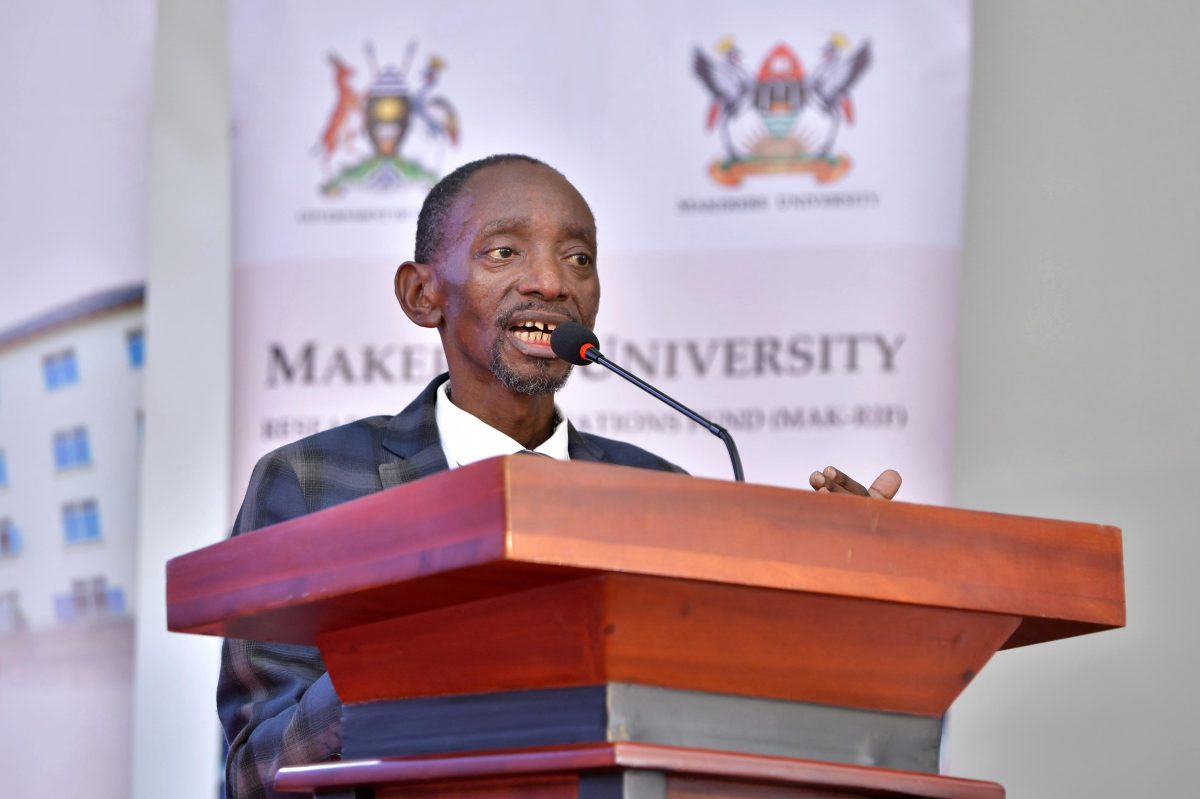
The findings confirm that the National ID has been a worthwhile investment for the government. The study estimates that for every US$1 invested in the NID system, the return on investment is US$1.35. These savings stem from reduced fraud in social programs and more efficient management of public funds.
But beyond the numbers, the research also illuminates the human experiences behind the National ID. For many, like Nakazibwe, the ID has unlocked opportunities previously out of reach. It has become a key to accessing mobile money services, opening bank accounts, and participating more fully in the formal economy.
However, the research also shows that not everyone is benefiting equally. The study found that while 94% of Ugandans sought to register for an NID, nearly one in five still don’t have one. And those who are most likely to be left behind are often the most vulnerable.
“We found that reasons for not having a National ID were more prevalent in the lowest wealth quintile,” explains Mayega. “This suggests that the poorest Ugandans face greater hurdles in accessing the system, whether it’s due to challenges in navigating the registration process or the cost of transportation. Illiteracy was also a key contributor.”
The most common reasons for not having a National ID included incomplete registration (33.7%), not registering (21.2%), lost IDs (19.9%), failure to collect IDs (9.4%), and slow processing (7.7%). Women were more likely to mention long queues and registration costs, while men cited ID loss and non-citizenship. Urban residents more often pointed to lost IDs and slow processes, while rural participants highlighted limited registration time.
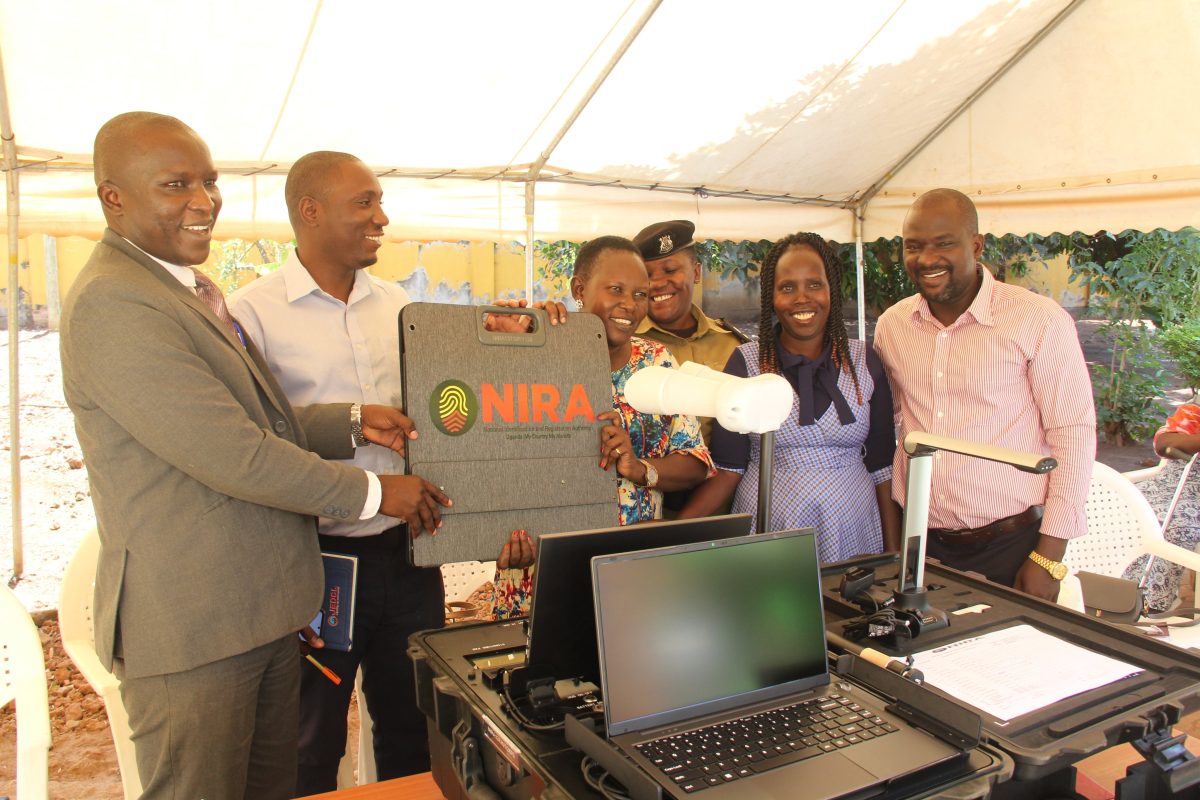
The study also uncovered concerns about data privacy and the potential for misuse of personal information. Many Ugandans express concerns about the potential use of their National IDs for surveillance or fraudulent activities. These anxieties point to the need for greater transparency and robust data protection measures.
From the study, the common National ID errors included misspelled names (45.0%), incorrect or missing dates of birth (16.6%), unclear fingerprints (8.9%), and improper signatures (3.6%). Of the 169 participants with errors, only 28.5% attempted corrections, and just a third succeeded, often after waiting an average of six months. Most (77.1%) described the correction process as difficult, with transport costs from 0 to 400,000 shillings and other related expenses around 525,000 shillings (US\$ 145.8).
To ensure that the National ID lives up to its full potential, the researchers recommend a series of concrete steps: launching targeted registration drives to reach those who have been left behind, simplifying the registration process, strengthening data protection measures, and expanding the use of National IDs in government programs.
“It’s crucial that the government addresses these concerns and builds trust in the system,” says the Executive Director of the Africa Freedom of Information Centre (AFIC), Gilbert Sendugwa.
In Uganda, a National ID is more than just identification—it’s a key to accessing rights and services, Sendugwa explains.
“However, the issue of data security persists. For example, a woman in Ntungamo District faced legal trouble after her stolen ID was misused to secure a Parish Development Model loan before tighter controls were in place. The government must do more to teach people to protect their IDs and reassure them that their data is used to empower, not control, them,” he says.
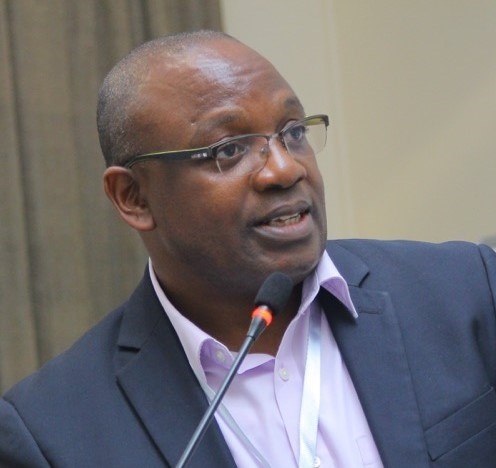
Of the participants with National IDs, 7.7% (186 people) reported they had lost them, with higher rates among women (9.1%), urban residents (9.7%), and those in the lowest wealth quintile (9.3%). However, only 28.5% of those who lost their IDs attempted to replace (8.6%) or recover (19.9%) them, with mixed success. While 75% of those seeking replacements succeeded, only 45.4% of those trying to recover lost IDs managed to do so. About half of those attempting replacements described the process as difficult, with some waiting over three months.
Millions of Ugandans risk being excluded from essential services without national digital IDs, according to the Collaboration on International ICT for East and Southern Africa (CIPESA). Vulnerable groups like older persons in poverty and those with disabilities, who often struggle to reach NIRA offices for enrollment, face the greatest challenges. Without IDs, they are unable to access senior citizens’ grants, healthcare, land titles, social security benefits, driving permits, SIM card registration, bank accounts, passports, and voter registration.
“Uganda’s digital ID system needs to ensure the necessary safeguards for both data protection and access to essential services; otherwise, it risks not only entrenching exclusion and inequality but also increasing concerns about personal data privacy and protections. Gaps in solid data protection can result in discrimination, profiling, surveillance of data subjects, and identity theft,” says Juliet Nanfuka, a digital rights advocate and communications officer at CIPESA.
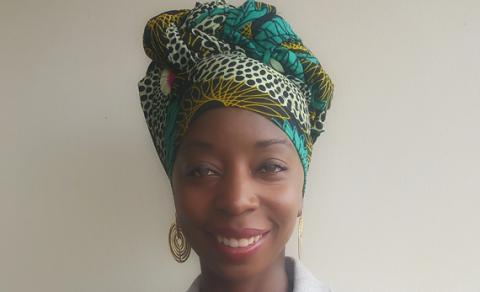
Uganda’s experience with the National ID system provides helpful lessons for other African countries aiming to leverage the power of digital identification. As NIRA prepares for a nationwide mass ID renewal and registration campaign on May 27, 2025, the redesigned IDs are expected to feature enhanced security technologies like Multiple Laser Images (MLI), Machine-Readable Zones (MRZ), QR codes, and 2D barcodes. These upgrades are intended to improve identity verification and expand access to digital services.
Researchers argue that by addressing citizen concerns, ensuring equitable access, and genuinely listening to the voices of its people, Uganda can transform the National ID from a mere card into a critical lifeline for all.
By Davidson Ndyabahika,
Health and Science Communication Specialist, School of Public Health, Makerere University


